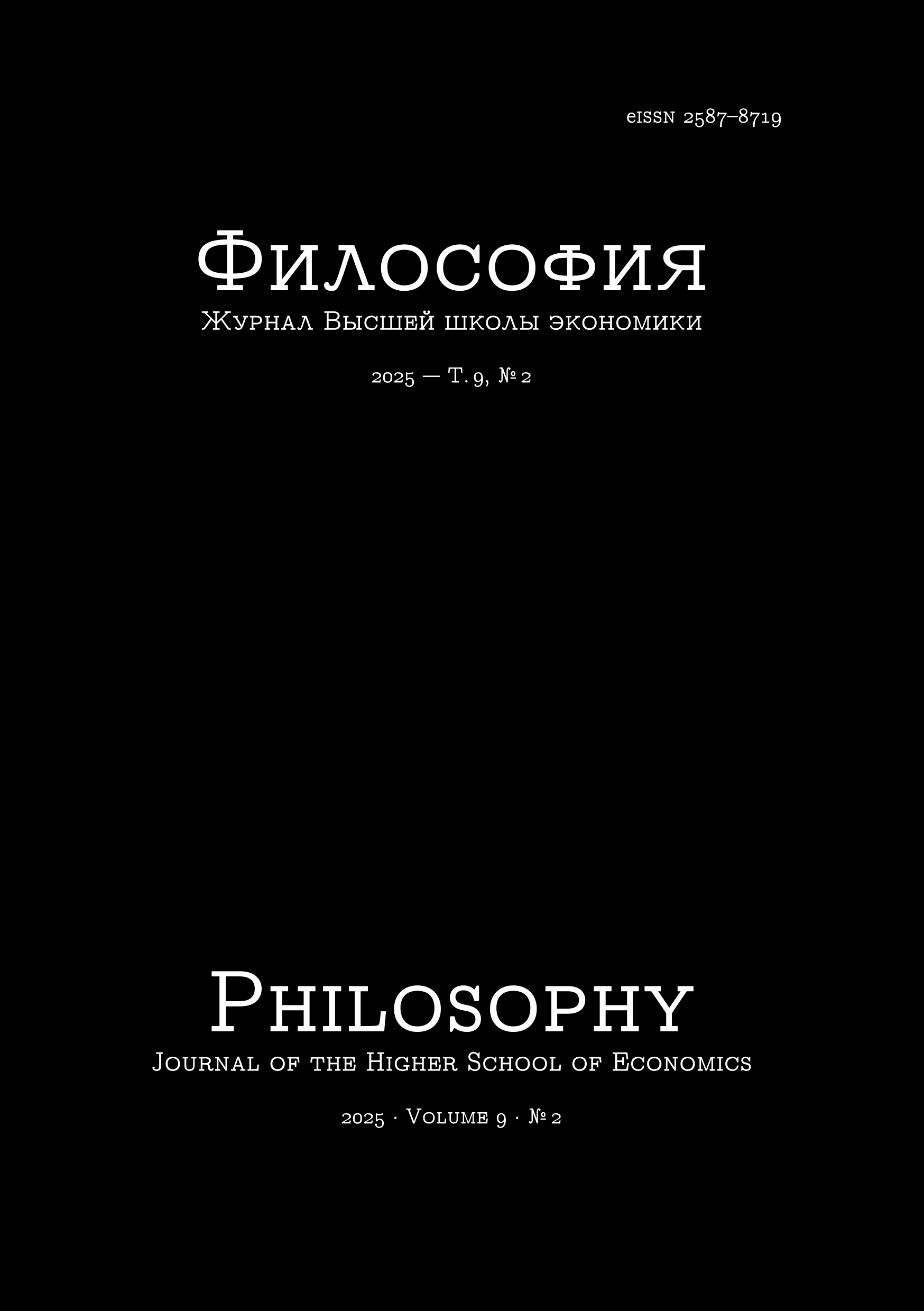Понятие публичной власти в философии права
Аннотация
В статье исследуется понятие публичной власти в философии права. Понятие власти (potestas) следует отличать от близких к нему понятий империя и авторитета, имеющих римское происхождение, а также от германского понятия господства. Если империй и господство являются видами власти, то авторитет исторически отражает аспект признания компетентности в принятии общезначимых решений, что предвосхищает более позднее понятие легитимности. В истории правовой и политической мысли можно выделить четыре основные концепции власти, делающие акцент на разных аспектах данного явления. Лежащая в основе классической публично-правовой догматики волевая теория, отождествляющая власть с волей, изначально базируется на перенесении христианского учения о церкви, управляемой Святым Духом, на государство и его правителя и предполагает априорное единство государственной воли. Психологическая теория власти, особый вклад в которую внесли представители Петербургской школы философии права, напротив, делает акцент на подчинении со стороны подвластных и мотивах их поведения. Социально-бихевиористская концепция, охватывающая много довольно разных подходов, трактует власть как социальный факт — отношение, в рамках которого одна сторона подчиняется другой. Юридическое понимание власти, в свою очередь, рассматривает власть как правовое (нормативное) явление. Автор полагает, что обозначенные им основные концепции власти отражают разные стороны данного социального явления и не являются взаимоисключающими. Для объяснения публичной власти как социального явления предлагается обратиться к существующей в российском правоведении концепции трех царств права. При таком понимании власть может рассматриваться как нормативное явление (совокупность уполномочивающих норм), психологическое явление (легитимность) и эмпирически воспринимаемое явление (фактическое поведение). Указанные уровни существования власти не просто существуют параллельно, а взаимодействуют между собой.
Скачивания
Copyright (c) 2025 Philosophy Journal of the Higher School of Economics

Это произведение доступно по лицензии Creative Commons «Attribution-NonCommercial» («Атрибуция — Некоммерческое использование») 4.0 Всемирная.






